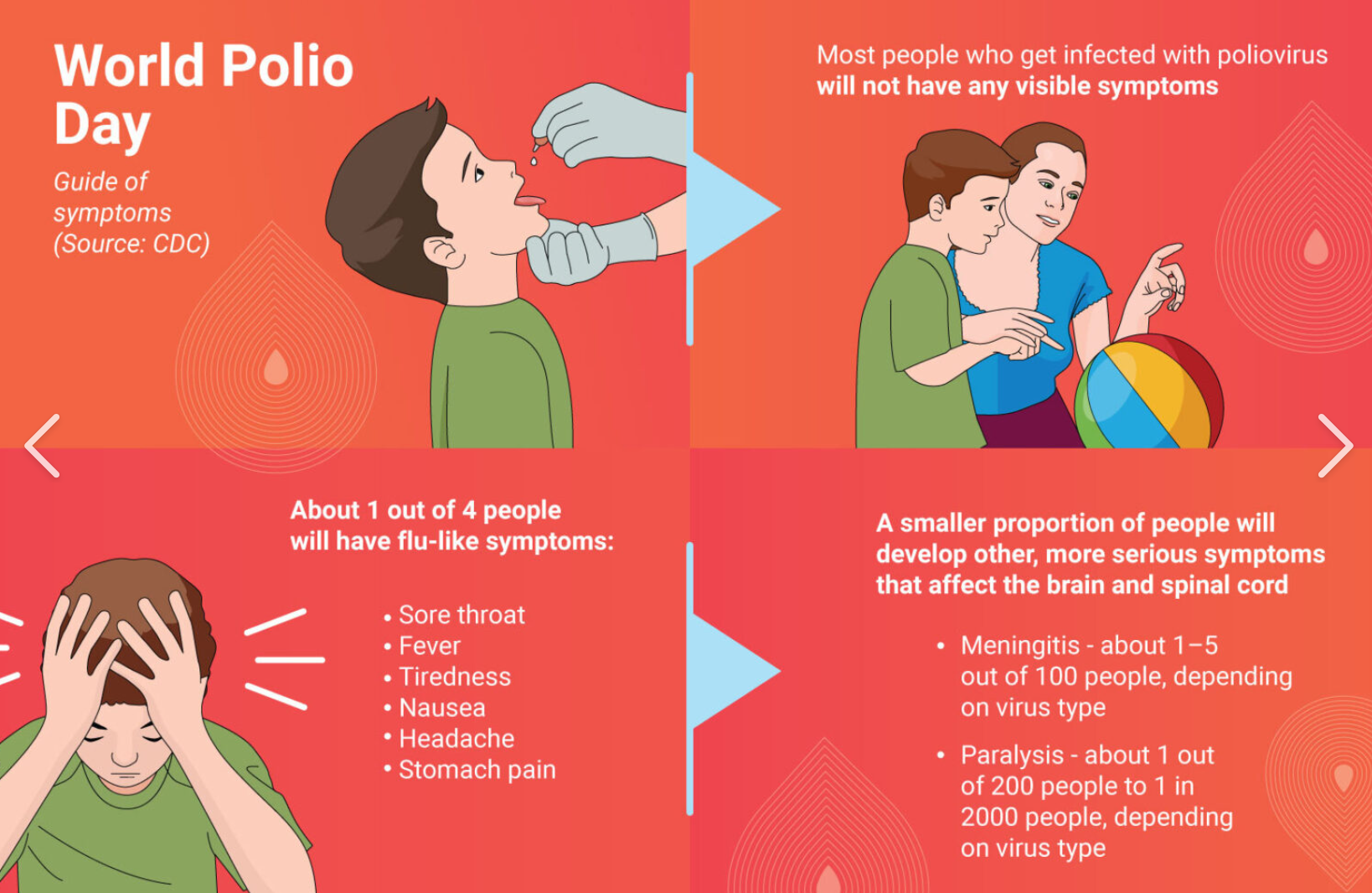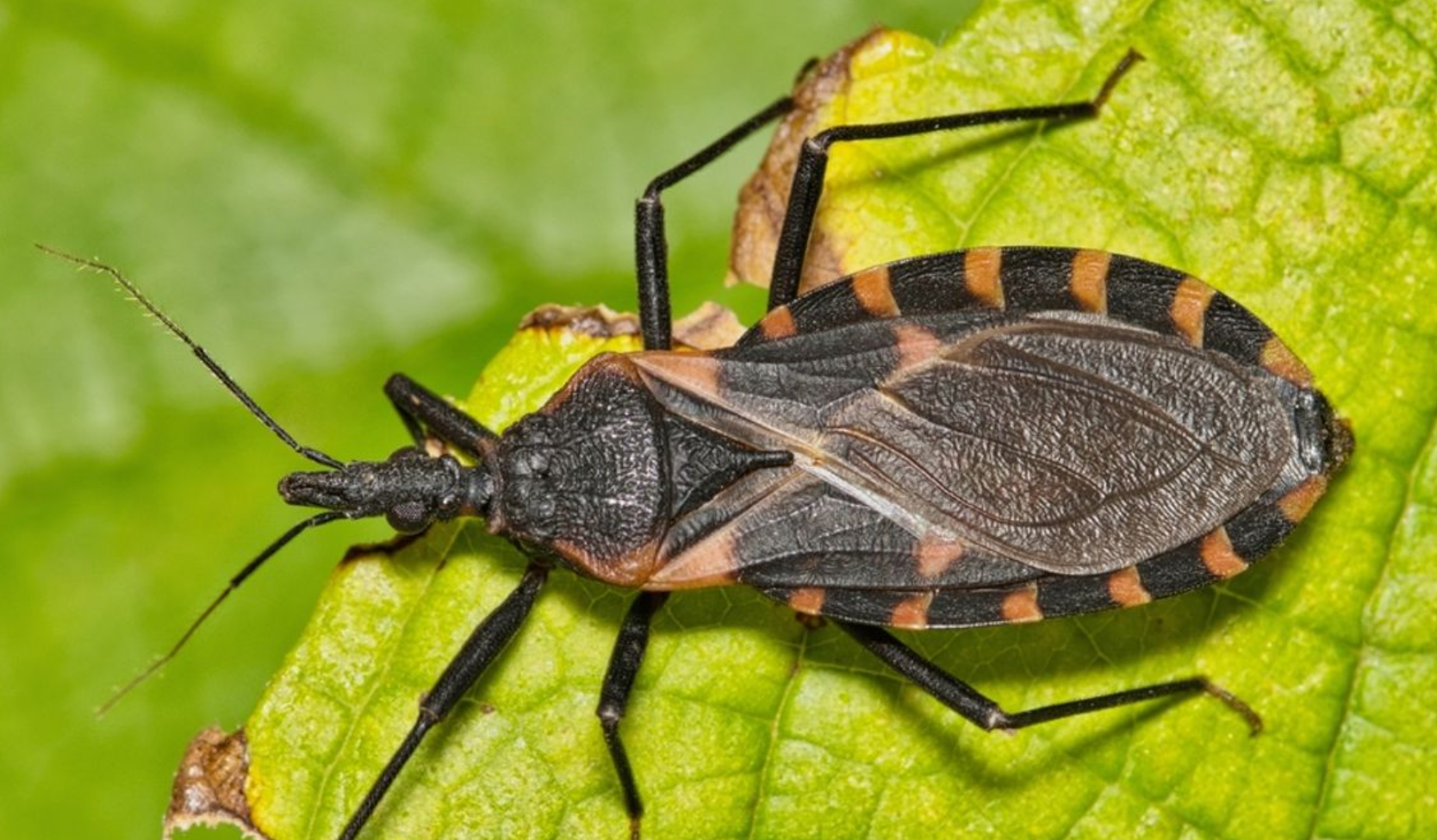
Becoming a mom for the first time is like stepping into a wild amusement park—exciting, overwhelming, and filled with unexpected twists. One moment you’re marveling at your little one’s first smile, and the next, you’re staring at their poop like it holds the secrets of the universe. Trust me, I’ve seen it all in my clinic.
Take, for instance, this lovely mom who was so focused on her baby’s bowel movements that she spotted what she thought was a “meatball” in her baby’s anus. Panic ensued, and the family rushed to the hospital, convinced something was terribly wrong. After reviewing the video she took (yes, she documented it), I assured her that the “meatball” was actually just a normal fold of the rectal mucosa. Relief washed over them, and they left the hospital with smiles brighter than the midday sun.
Then there are the moms who worry about their babies’ farts. Some fret over the frequency, others over the smell. “Is my baby farting too much?” “Why does it smell so bad?” These are common questions that often lead to concerns about needing probiotics.
Here’s the deal: When babies nurse, they gulp down a lot of air. Plus, the food they consume gets fermented by gut bacteria, producing gas. You might hear your baby’s tummy gurgling—that’s the sound of gas and intestinal fluid sloshing around, also known as borborygmi. Gas in the intestines means it needs to come out, so farts are perfectly normal. In fact, in the world of pediatric surgery, if a baby hasn’t farted or pooped for a few days, it raises red flags for potential intestinal obstruction. After abdominal surgery, doctors often ask, “Have they farted yet?” A positive answer brings much-needed relief.
More frequent farts could be due to swallowing more air during feeding or incomplete digestion of certain foods, leading to more gas production. The smell of a fart is largely determined by the breakdown products of the food, which varies with diet and how long it takes to pass through the intestines. As long as there are no other symptoms, whether your baby’s farts are stinky or not is perfectly normal.
Farting, like pooping, requires coordinated muscle movements—tightening the abdominal muscles while relaxing the anal sphincter. Babies, especially those under 9 months, might not have mastered this skill yet. This can lead to situations where they strain, turning red in the face or crying for minutes, trying to pass gas or poop. This is known as infantile dyschezia. The key is to ensure your baby’s growth and development are on track and that there are no abnormalities in the anus or rectum. With patience, your little one will eventually figure it out.
So, remember: Whether you’re a seasoned adult or a newbie baby, everyone farts. The frequency, the smell—none of it matters as long as everything else is normal. So, relax, enjoy the ride, and know that in the grand scheme of things, a little gas is no big deal.







Leave a Reply